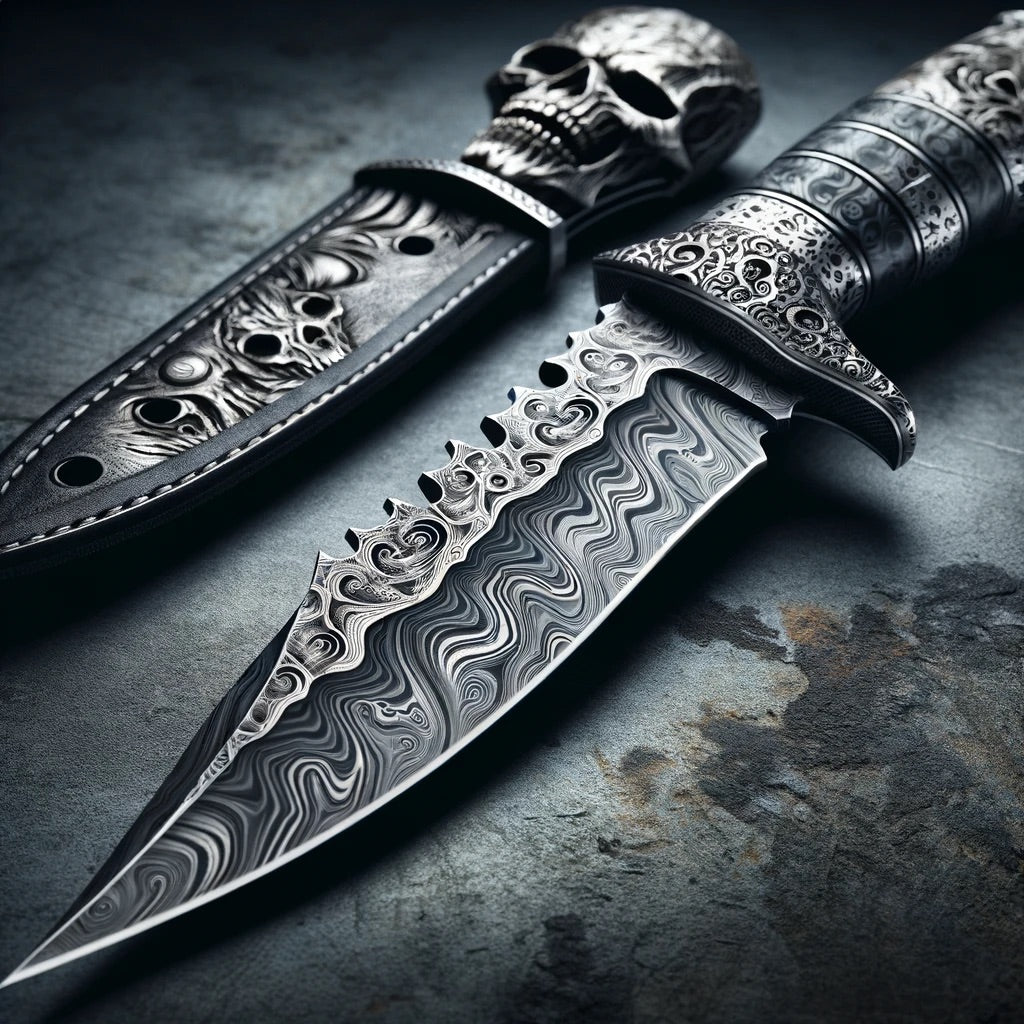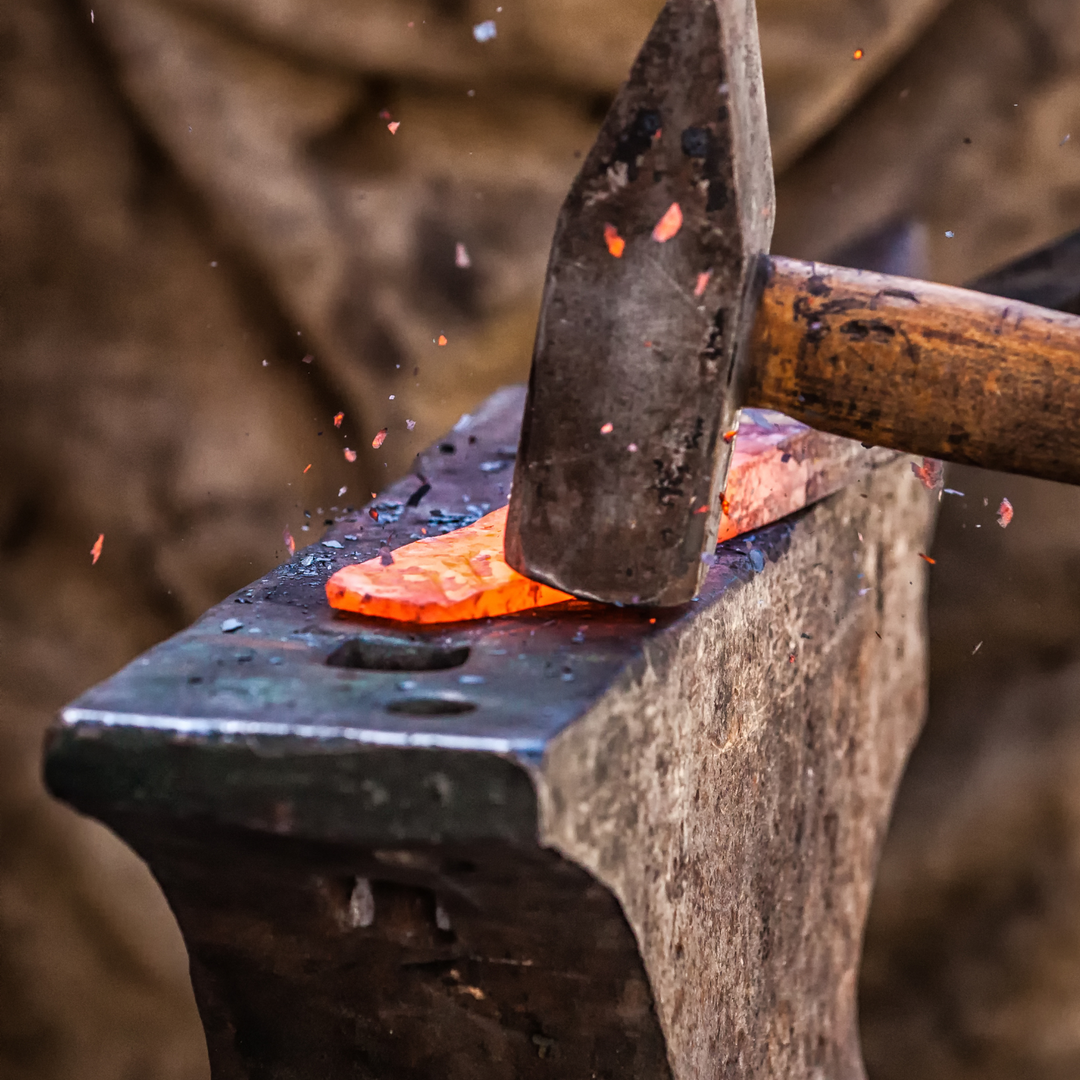Understanding Vermont's Hunting Seasons
Deer Season
Vermont's deer hunting is divided into several seasons. The archery season typically begins in early October and lasts until mid-December, allowing bow hunters exclusive access to the woods. The rifle season, often starting in mid-November, is the most popular and lasts about two weeks. Muzzleloader season usually occurs in early December, offering a unique challenge with traditional firearms.
Bird Hunting
The turkey hunting seasons are split between spring and fall, with spring being the most popular due to the breeding season behaviors of turkeys. Waterfowl hunting, including ducks and geese, aligns with migratory patterns and typically occurs in the fall and winter. Upland game birds, like pheasant and grouse, have seasons that generally run from late September to December.
Other Game
Bear hunting in Vermont is a sought-after experience, usually starting in early September and extending into November. Moose hunting is controlled through a lottery system, with a limited number of permits issued, and the season typically occurs in October. Small game hunting, including species like rabbits and squirrels, often runs from late September to December or January.
Vermont Hunting Licensing, Timings, and Regulations
In Vermont, acquiring a hunting license is a straightforward process, tailored to different types of hunters. Residents enjoy lower fees compared to non-residents, and proof of residency is required. The state also offers youth-specific hunting opportunities, promoting safe and responsible hunting practices among younger enthusiasts with reduced license fees. Regarding hunting hours, Vermont adheres to standard practices, allowing hunting from one-half hour before sunrise to one-half hour after sunset. This ensures ethical hunting practices while maintaining safety. Additionally, Vermont has specific wildlife management units (WMUs), each with distinct regulations that reflect local ecosystems and wildlife populations, ensuring sustainable hunting and wildlife conservation.
Resident vs. Non-Resident Licenses
Residents of Vermont can obtain licenses at a lower cost compared to non-residents. Proof of residency is required. Non-residents must pay higher fees and may have additional requirements.
Youth Hunting
Vermont encourages young hunters through youth-specific hunting weekends and reduced license fees. There are also education requirements and age limits to ensure safety and proper knowledge of hunting practices.
Hunting Zones and Regulations
Vermont is divided into several wildlife management units (WMUs), each with specific regulations based on the local ecosystem and wildlife populations. These zones help manage hunting pressure and sustain healthy wildlife populations.
Vermont has specific rules regarding the use of firearms, archery equipment, and permissible hunting methods. There are also regulations on bag limits, tagging and reporting harvests, and specific rules for different game species.
Turkey Hunting
Youth & Novice Weekend: April 29 - April 30
Spring Season: May 1 - May 31
Fall Archery: October 7 - October 20
Shotgun or Archery: October 21 - November 5
Black Bear Hunting
Early Season: September 1 - November 10
With Use of Dogs by Permit: September 1 - November 19
Deer Hunting
Archery: October 1 - December 15 (Closed during regular November season)
Youth and Novice Weekend: October 21 - October 22
Muzzleloader Antlerless: October 26 - October 29
Regular Season: November 11 - November 26
Muzzleloader: December 2 - December 10
Small Game and Upland Birds
Crow: January 20 - April 11 & August 25 - December 18
Gray Squirrel: September 1 - December 31
Hare & Rabbit: September 24, 2022 - March 12
Ruffed Grouse (Partridge): September 30 - December 31
Waterfowl and Furbearer Hunting
Snow Goose: March 11 - April 22
Various species (Bobcat, Muskrat, etc.) across different dates
Popular Hunting Locations in Vermont
Northeast Kingdom
Known for its dense forests and remote areas, this region is ideal for deer and bear hunting. The large tracts of public land offer ample opportunities for hunters.
Green Mountains
This area provides excellent habitat for bird species, making it a favorite for bird hunters. The varied terrain also supports small game hunting.
Champlain Valley
This region is renowned for waterfowl hunting, especially along Lake Champlain's shores and wetlands. The area attracts a variety of migratory waterfowl, providing excellent hunting opportunities.
Gear and Preparation
Essential Gear: This includes appropriate firearms or bows, ammunition, camouflage clothing, safety gear, and a basic survival kit. Also, tools for field dressing game, like knives and gloves, are important.
Preparation Tips: Successful hunting often involves pre-season scouting, understanding animal behavior and patterns, and practicing shooting skills. Familiarity with the terrain and local regulations is also crucial.
Hunting Ethics and Conservation
Sustainable Practices: Ethical hunting involves respecting wildlife, not overharvesting, and adhering to fair chase principles. It's about maintaining the balance of ecosystems.
Contribution to Conservation: Hunting licenses and fees play a critical role in funding wildlife conservation efforts in Vermont. These funds contribute to habitat preservation, research, and management programs.
By delving into these details, hunters and those interested in Vermont's hunting season can gain a deeper understanding and appreciation of this outdoor activity and its role in conservation and wildlife management.
Search Terms
Vermont Deer Hunting Season 2023, Vermont Hunting Licenses, Black Bear Hunting in Vermont, Turkey Hunting Season Vermont, Vermont Small Game Hunting, Waterfowl Hunting Vermont 2023, Hunting Regulations in Vermont, Best Hunting Spots in Vermont, Vermont Hunting WMU Maps, Vermont Muzzleloader Season, Youth Hunting in Vermont, Vermont Hunting Season Dates, Ethical Hunting Practices Vermont.






Deixe um comentário